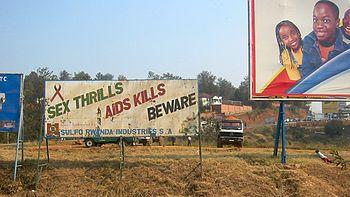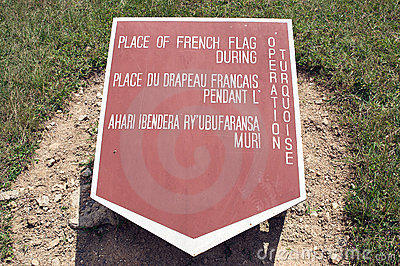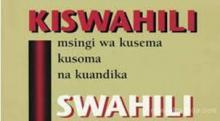Introduction
The aim of this paper is to provide an assessment of the ethnolinguistic situation of the major languages used in Rwanda. The country has been selected based on the fact that it uses several languages, which include Kinyarwanda, Kiswahili, English and French (Rosendal 23; Samuelson & Freedman 191-192). Some of the factors contained in the ethnolinguistic vitality model are used to conduct the assessment.
Assessment of the Ethnolinguistic Situation
Symbolic
Traditionally, the Rwandese people used three official languages namely Kinyarwanda, French and English. However, in 2008, the government announced that it was dropping French as one of the official languages in a decision that seemed to have been largely fueled by a diplomatic row with France (Samuelson & Freedman 191).
French is still used in many urban areas in Rwanda; however, the government is keen on propagating English as the leading language of science, commerce and economic development in the country and in its interactions with neighboring countries.
Demographic
Although Rwanda is a multilingual country, most people use Kinyarwanda to communicate. Indeed, “in Rwanda today, Kinyarwanda is described as a critical element in the essence of Rwandan-ness” (Samuelson & Freedman 192).
All the local people believe that Rwandans should speak fluent Kinyarwanda, and will readily scold any Rwandese national who is unable to speak it in a clear and coherent manner. This means that anyone who is not competent in using Kinyarwanda is viewed as an outsider in spite of the existence of other languages such as Kiswahili and French.
Institutional
Even though Kinyarwanda is the dominant language, English-speaking Rwandese people have more access to institutions such as government agencies, schools, industries and the media. As a matter of fact, they dominate the civil service and other government appointments. French-speaking Rwandese people have been relegated to the periphery as the language no longer serves any purpose in public affairs (Samuelson & Freedman 192).
Education
Rwandese nationals who can speak English well have more access to educational opportunities than their French-speaking counterparts (Samuelson & Freedman 194-196).
Although native nationals used to access opportunities of learning by virtue of the fact that Kinyarwanda was taught in school and also used as a method of instruction, the situation has since changed and English is now considered as the primary requirement in accessing educational opportunities. Kiswahili-speaking nationals are also at an advantage since the language is popular regionally as a medium for trade and commerce in the East African Union (Samuelson & Freedman 209).
Status and Prestige
East Africa is an Anglophone region, thus English-speaking Rwandese nationals are at an advantage when it comes to regional and international matters. Kiswahili-speaking Rwandese nationals are also at an advantage since most trade and commerce in the region is conducted using the medium (Samuelson & Freedman 209).
Utility
Surprisingly, a substantial number of media houses transact in French, although those transacting in English are rising at a faster rate (Rosendal 25-29). A small number of media houses and forums transact using Kinyarwanda, not mentioning that locals with Internet connection can stream Kiswahili programs from regional media outlets. Overall, English is slowly overtaking French when it comes to media presence.
Linguistic Capital
Although Kinyarwanda is widely used particularly among the rural folks, English has its own unique advantages and hence it is carried in high esteem. Kiswahili is rising as the language of trade and commerce, while French is slowly plummeting.
Conclusion
This paper has used factors contained in the ethnolinguistic vitality model to provide an assessment of the ethnolinguistic situation of the major languages used in Rwanda. Overall, it can be argued that Kinyarwanda determines and influences the interactions between locals, although English is fast taking its place as the official language of the country due to regional and international dynamics.
Everyday Multilingual Images of Rwanda



Works Cited
Rosendal, Tove. “Linguistic Markets in Rwanda: Language use in Advertisements and on Signs.” Journal of Multilingual and Multicultural Development. 36.1 (2009): 19-39. Web.
Samuelson, Beth Lewis and Sarah Warshauer Freedman. “Language Policy, Multilingual Education, and Power in Rwanda.” Language Policy. 9.3 (2010):191-215. Web.